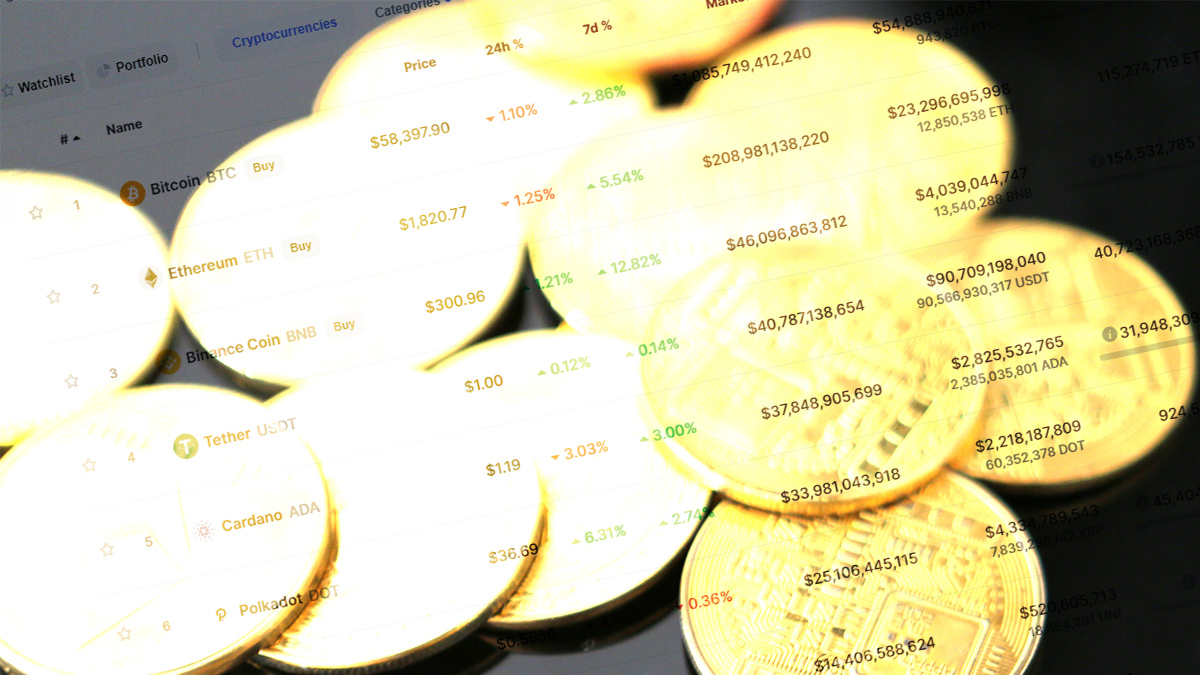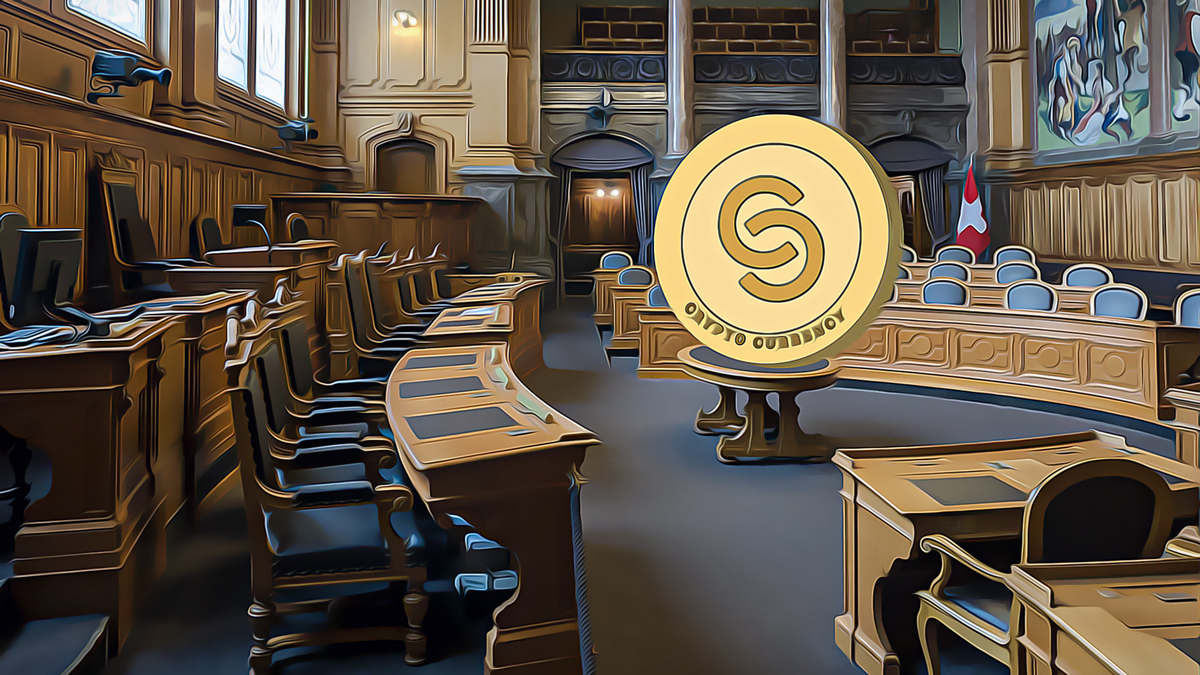The U.S. House of Representatives Financial Services Committee has engaged in various discussions regarding a proposed legislation for stablecoin regulation. This bill aims to introduce new rules for the regulation of a market valued at approximately $240 billion and includes steps to limit government intervention. In this context, proposed amendments have emerged to ensure that stablecoin issuers do not receive government support.
Dynamics of Committee Discussions
Disagreements arose among committee members concerning the fundamental provisions and additional clauses of the bill. Democratic representatives Brad Sherman, Bill Foster, and Stephen Lynch highlighted financial risks within the sector, pointing out deficiencies in the current regulations. Throughout the discussions, the effects of the regulation on the industry, the role of consulting services, and economic security issues were emphasized.
“They have the best consultants, which is why they expect a vote on all issues from them.” – Brad Sherman
Stablecoin Legislation
Democratic representatives referenced past financial events, stressing the importance of regulation. They cited the case of USDC issued by Circle, which experienced a loss in value due to some of its reserves lacking backing, emphasizing the need for stricter oversight to prevent similar risks in the future. This discussion raised concerns about the inadequacy of current laws and the necessity for additional measures in regulations. The issues surrounding the USDC reserves were tied to the March 2023 bank failures, with Democrats framing it as if it were a cryptocurrency problem due to partial truths presented.
“Significant errors have led to delays in this legislation and consumer risk.” – French Hill
Republican representatives argued that the risks of intervention would automatically dissipate within the framework of the bill. This perspective was supported by claims that the current regulation is grounded on solid foundations, negating the need for a separate amendment. Both Democratic and Republican factions indicated the necessity for reassessing the regulation in subsequent phases.
The discussions in the committee showcased differing approaches to economic stability and consumer protection. It was emphasized that the new regulations could shape the future of the sector, and reviewing financial mechanisms could be beneficial. Members noted that if the bill is approved, taking additional measures against potential market risks would be crucial.
Throughout the process, both sides indicated that the bill would be discussed in the House and Senate, suggesting that discussions regarding reforms could evolve over time. The disagreements on additional clauses highlighted the need for revisions in the final text of the regulation. Current discussions are believed to potentially influence the establishment of future economic oversight and regulatory policies.
These differences in viewpoints reveal that not only the technical details of the bill vary but also general approaches to the sector differ. The ongoing process of considering various proposals reflects a commitment to minimizing economic risks and protecting consumer interests. It is anticipated that the forthcoming regulations, once finalized, will provide solutions aligned with market dynamics.

 Türkçe
Türkçe Español
Español








